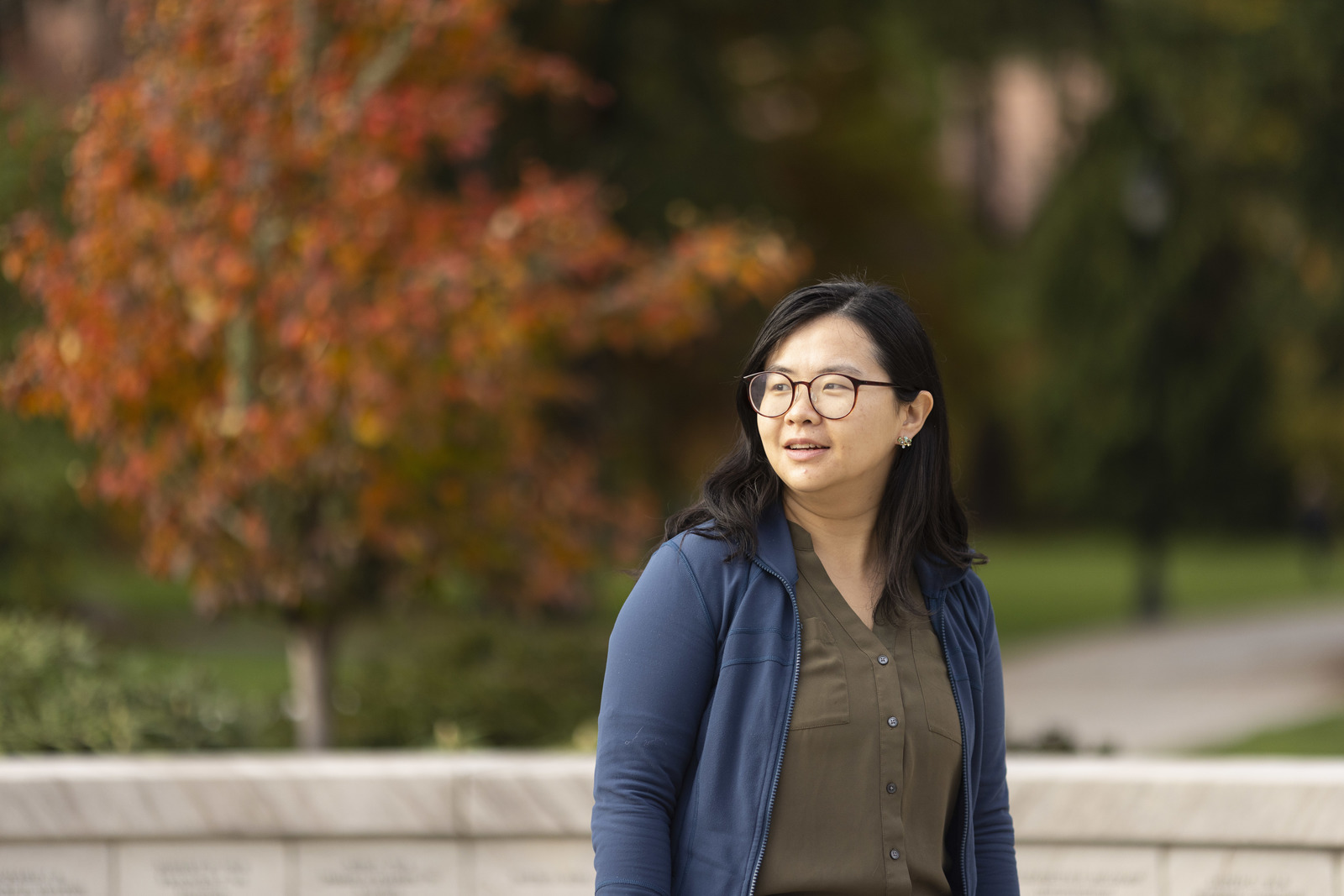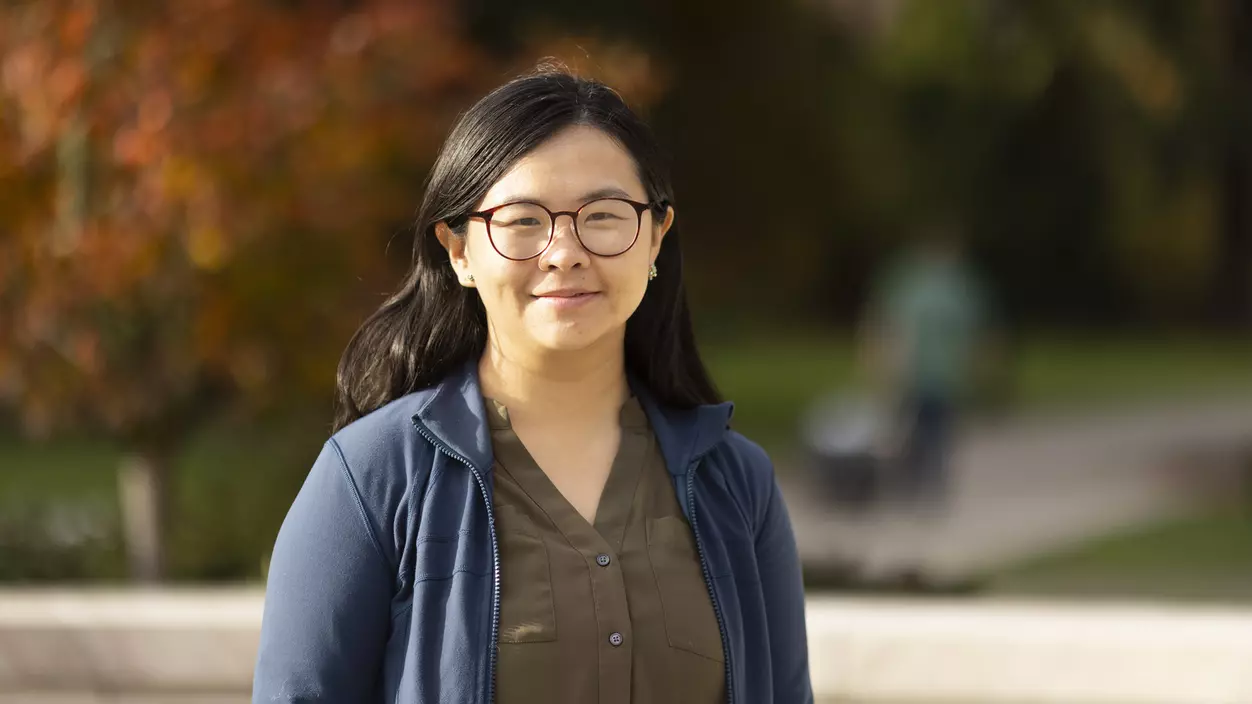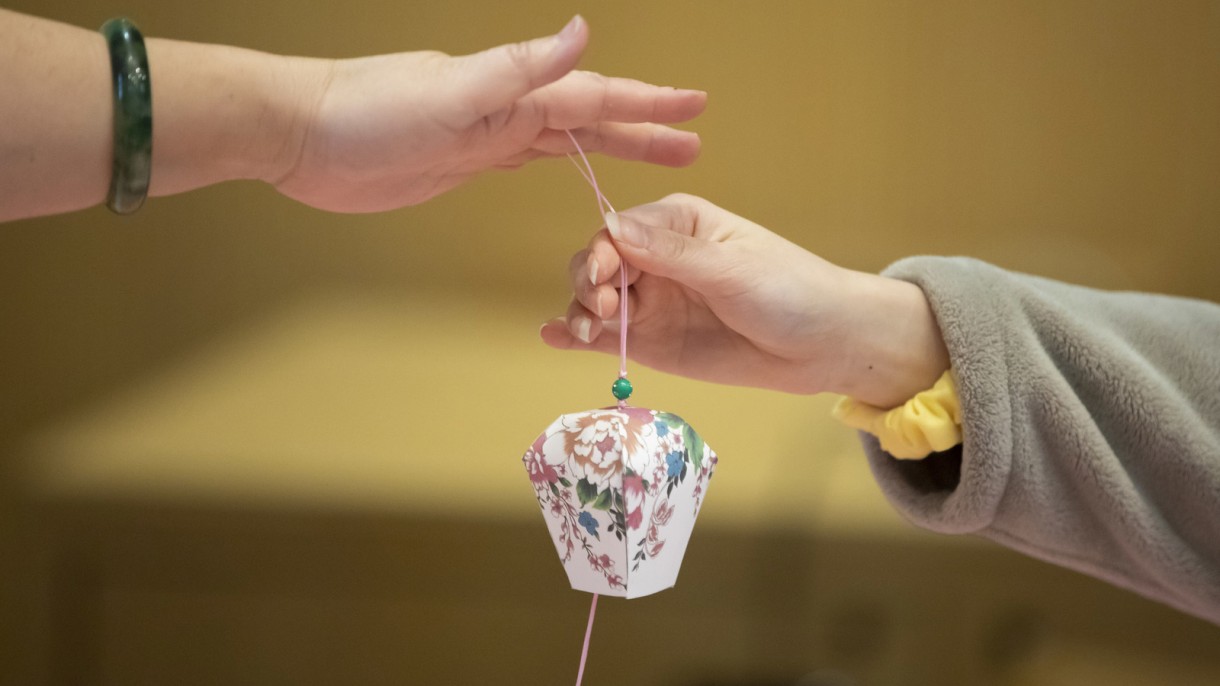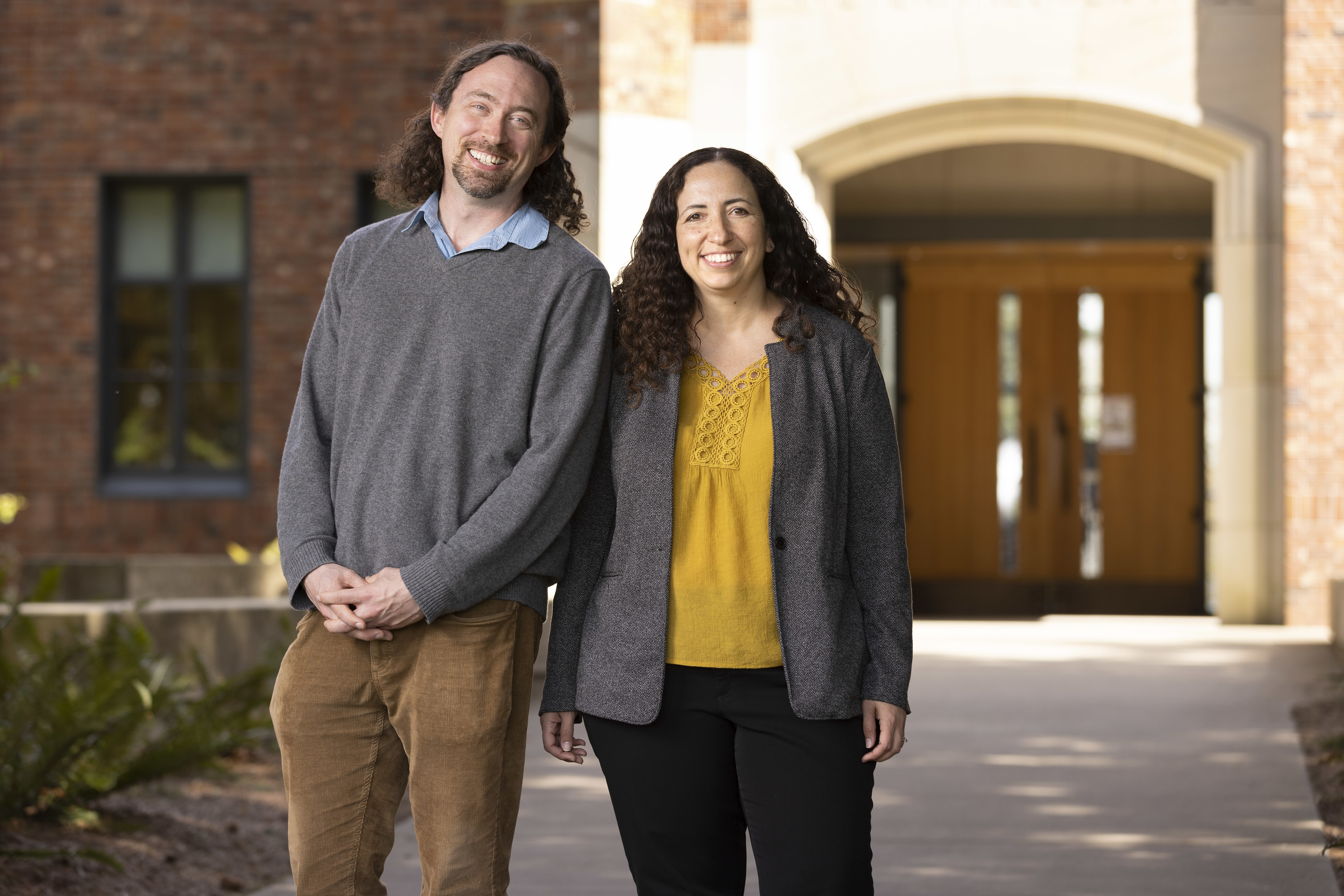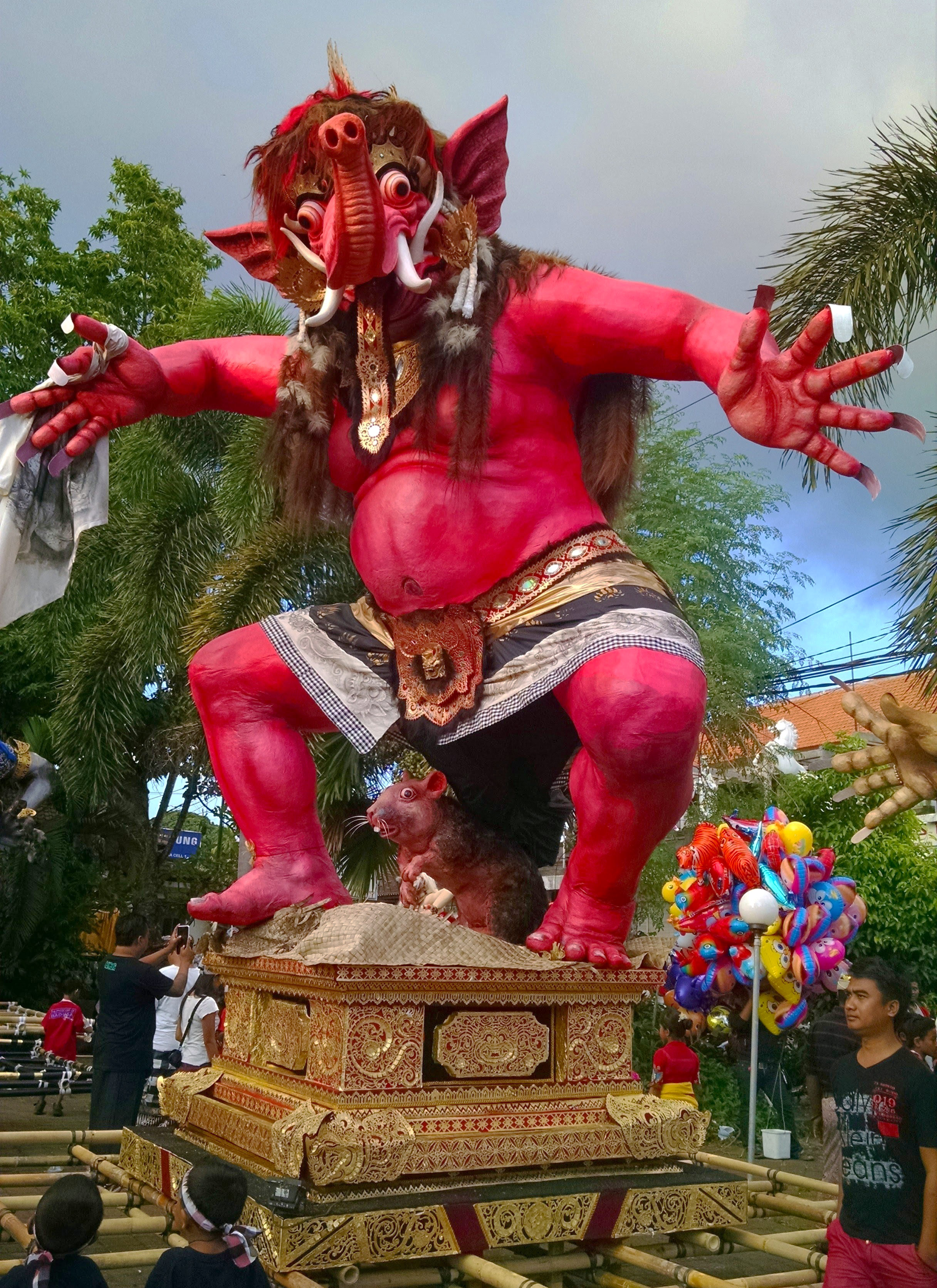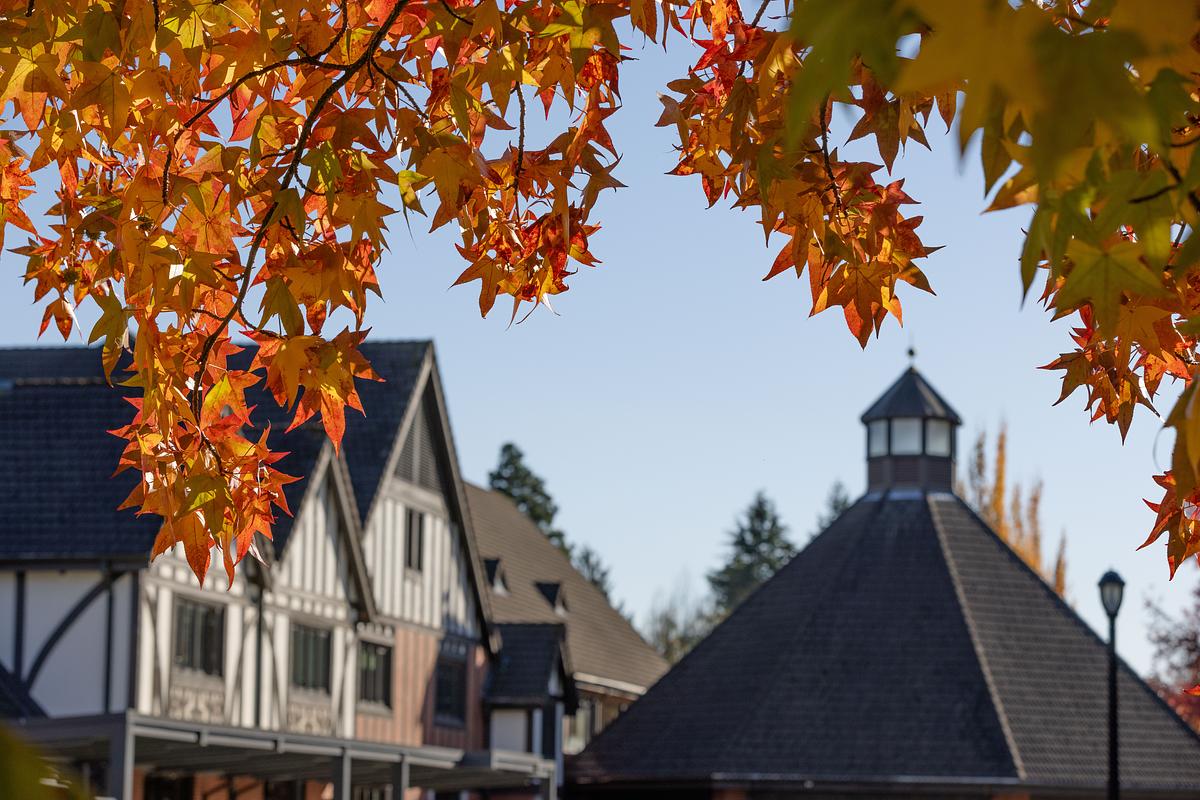Q: Last spring, you gave a talk on campus about doing fieldwork as a "semi-native anthropologist." What does that mean for you?
A: I consider myself someone with an ethnic minority background and yet have limited knowledge about the group I belong to. I was born to a Buyi father, but not raised in the traditional rural villages that the group mainly occupies. I was raised in an urban setting, and my closest family members no longer spoke Buyi. It wasn’t until my college years when I realized I knew so little about my heritage. When I returned to Guizhou to conduct fieldwork as part of my doctoral dissertation at Yale, it felt “foreign” because I had to learn the Buyi language and understand rural ways of life. Both an insider and an outsider at once, my particular position may have offered me an advantage when it came to delving into Buyi life, but I have come to accept that there is a limitation to how much I can understand the complexities of local lives.
Q: As an anthropologist, you study humans and society, and how they fit together. It's a broad subject. What is your specific area of study?
A: My research focuses on changing identities and livelihoods of ethnic minority communities in southwest China. I identify as a Buyi—an ethnic minority group that inhabits large parts of Guizhou province in southwest China—and have conducted long-term fieldwork near where I grew up. I examine local efforts to commodify [Buyi] ways of life, including cultural traditions, for poverty alleviation. For the last few years, I have also worked on a side project about the China-Africa ivory trade. I hope to enrich the current understanding of increasing Chinese presence in parts of Sub-Saharan Africa by examining its socioecological impacts and moral implications through the lens of wildlife conservation.
Q: You are the Suzanne Wilson Barnett Chair in Contemporary China Studies. What do you want students to know about the field?
A: The chair position focuses on the intersection of China studies and the social sciences. Understanding contemporary China has become even more critical at times like this with contentious political environments and international relations. For our students, getting to know China does not simply mean learning the language, culture, and history; I hope to use my local knowledge and connection in China to open doors and help them understand what China and its society will mean for their fields.
Q: How do you approach teaching?
A: Teaching is a learning process for me. I am fascinated by the possibilities of obtaining new insight by listening to students’ perspectives and experiences. I like to familiarize myself with local contexts and incorporate materials that students can relate to—pictures, objects, news stories, and internet memes. I also always bring in a cross-cultural perspective by using materials and case studies from around the world to allow students to “travel” beyond the classroom.
Q: Tell me about yourself outside of the classroom. Do you find any hobbies cross over into your work?
A: I love exploring new places. My anthropological intuition kicks in when I am traveling as I observe local lives, learn about local history and culture, and understand new things that cannot be learned from books. I also enjoy outdoor activities, including biking, hiking, and camping. On rainy days, I like to watch detective shows, do yoga practices, or work on handicrafts.
